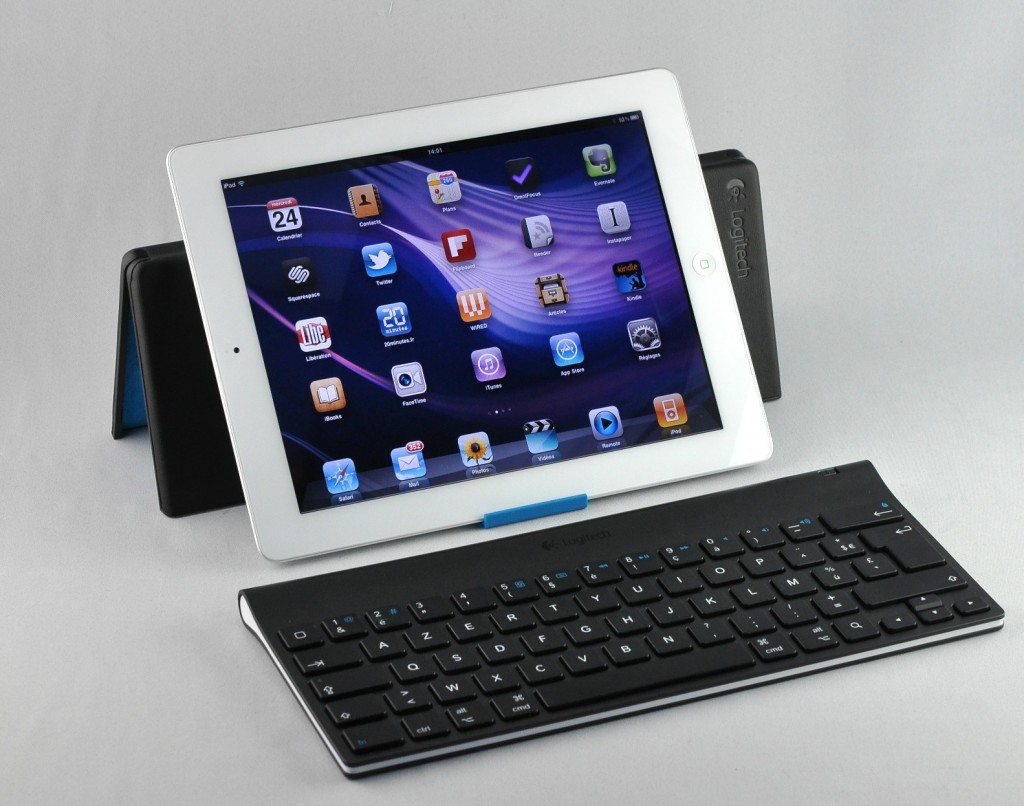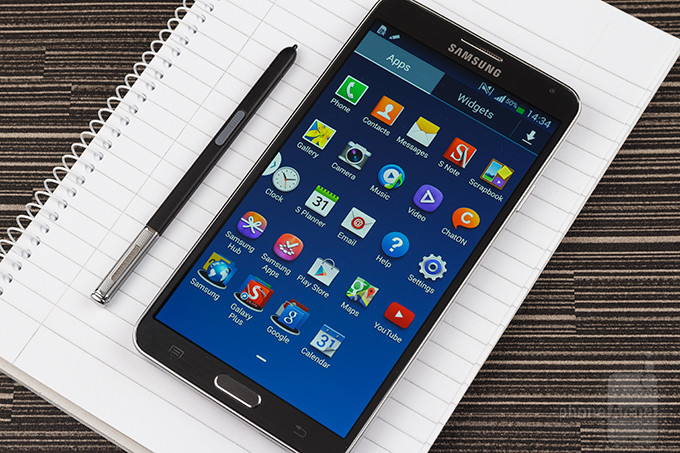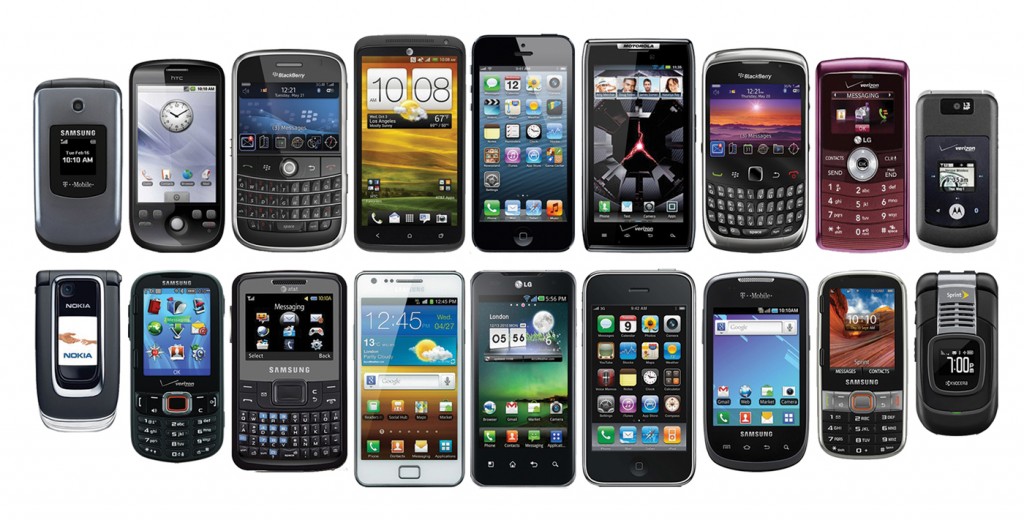This handy guide will help you decide between Tablet vs Smartphone for travel

Taking a tablet on your travels can be a great choice for doing work on the go. And with a multitude of add-ons, it may just replace your laptop.
Whether you’re jetting off to Miami for a much needed vacation on the sunny beaches, or heading to an important corporate meeting in Los Angeles, chances are good you’ll need and want to stay in touch with your family, friends and employees. Thanks to technologically-advanced devices like smartphones and tablets, it’s easier than ever to do just that.
Tablet vs Smartphone
The market for hand-held devices is awash with options which can make it difficult to choose which might be best. Tablets are versatile, easy to use and boast many traveller-friendly features. On the other hand, smartphones are typically smaller, and have a variety of apps to make life easier. With this in mind, it’s important to weigh the pros and cons of each device to see which one best suits your travel needs.

Phone or tablet? Samsung’s Galaxy Note blurs the lines between the two. Known as a “phablet” it doubles as both phone and tablet.
To Tablet or Not to Tablet
While business and pleasure travellers traditionally have lugged their laptop with them, the user-friendly tablet is a lighter and more flexible option. Packed with many of the features of a laptop—yet without the added bulk and weight—a tablet is an outstanding choice for taking and storing photos, watching movies, sending documents and hosting video calls. Additionally, you can research work-related topics on the web, read books and play games.
City Net Magazine explains that tablets are lightweight and range in size from about 7 to 10 inches, which is an adequately sized screen for watching videos and reading emails. If you plan on spending a lot of your vacation or business trip online, a tablet like the Samsung Galaxy Note might be a better choice than a smartphone because in addition to its much larger screen size, it has a larger processor and a higher resolution, which is great for jet lagged eyes.
As for cons, tablets are a lot larger than smartphones and are not as easily tucked away in a purse, or pocket.
Pros and Cons of Smartphones
One major benefit of taking a smartphone on the road or in the air with you is that chances are good you already have one and know how to use it. This means you won’t have to spend your precious vacation time trying to figure out new features and settings. They’re typically much smaller than tablets, making them easier to tote around at all times.

Turn off the cellular data on your smartphone while you travel to avoid unexpected roaming fees that can run into the hundreds of dollars.
Smartphones also tend to have a lot of the same features as tablets with the added bonus of being able to text and call people. However, if you are travelling out of the country, make sure that you have an international phone plan so you can use your device without incurring hefty roaming fees. Or, if you don’t want an international plan, you can either buy a SIM card at the airport, or go through a website like Truphone which allows you to use your smartphone at your local rates.
The main drawback to using a smartphone while you’re away is that if you don’t buy the proper international plan, you’ll be hit with enormous roaming charges. They also might not work for business people who are trying to send and receive documents and presentations, take notes or participate in video conferences.
So, which do you prefer when it comes to tablet vs smartphone while you travel?

Leave a Reply